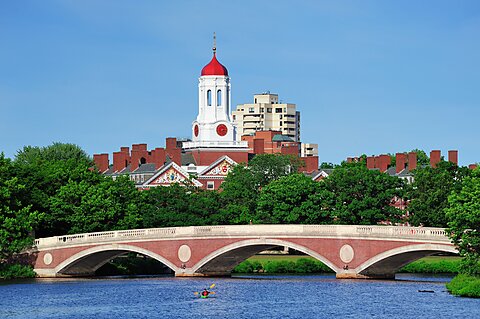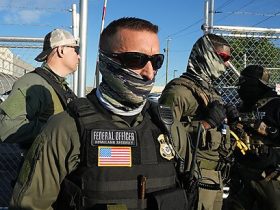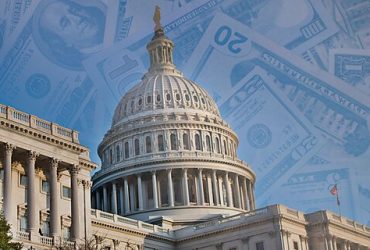Stephen Richer
I just got back from oral argument in Harvard v. US Department of Homeland Security, where Harvard’s attorney argued that the government should be further enjoined from revoking visas from the approximately 7,000 international students and researchers currently at the university (background here).
There are a lot of arguments in play. And each argument has different subcomponents. Former Acting US Solicitor General Ian Gershengorn, now of Jenner & Block, spoke on behalf of Harvard. Despite his immense experience and the ample time allotted by the court, he seemed to struggle to cover all the ways he believes the government’s action is unlawful.
But the gravamen of the hearing was the government’s inability to answer this question in a way that doesn’t violate the First Amendment: “Why is the government only targeting Harvard?”
The government might justify its ban on foreign students from a national security standpoint. For example, the government might say that “these international students are national security risks.”
But why then are these students allowed to attend Yale, the University of Alabama, or the University of Washington? How would they be any less of a national security threat by attending one of those schools instead?
Or the government might say that “just as state-based universities serve state interests, so should American universities serve American interests, and therefore Harvard can only allot 10% of its classroom seats to international students.”
But presumably this would apply to all schools, not just Harvard. And no other school has been targeted.
Or the government might say that “international students are problematically additive to the well-documented problem of Jewish hate on college campuses.”
But Harvard is far from the only school with an anti-Semitism problem.
The government’s attorney (Tiberius Davis, who did a nice job in a challenging spot) argued that just because police officers don’t stop every speeding car doesn’t mean they can’t enforce speeding regulations against some cars.
That’s logical.
But in this case, the government has only targeted one car.
And for that reason, it’s hard to avoid thinking that the administration’s actions against Harvard—including the attempted banishment of international students, which make up 27% of Harvard—are because it doesn’t like Harvard’s politics or because Harvard hasn’t played ball with President Trump.
Since the Harvard-Trump fight started, President Trump has said Harvard “keeps pushing political, ideological, and terrorist-inspired” ideas, that the school is “not all friendly to the United States,” and that the school is filled with “radicalized lunatics.”
Even if these things are true, they are protected by the First Amendment, and the federal government can’t punish Harvard with unprecedented penalties just because the school is home to some radical lefties.
It’s why Greg Lukianoff, the CEO of FIRE, the country’s premier defender of free speech at colleges, has repeatedly defended Harvard against the administration’s actions, even while simultaneously criticizing many of Harvard’s practices:
April 24: “‘The Harvard deserves it’ crowd is missing the point: This isn’t just about Harvard. If the government can demand ideological litmus tests from them, what will schools—or nonprofits—with less power do when they’re the ones on the chopping block?”
April 24: “Yes, Harvard has been ideologically captured. Also, yes, the government’s response is lawless, chilling, & dangerous. It’s possible to hold both views at once.”
May 22: “Trump bars Harvard from enrolling international students in alarming crackdown on speech.” (emphasis added)
May 23: “I really want to stress that the government’s demand that Harvard turn over five years of footage of protests—not limited to those that got out of control or involved illegal behavior—is one of the more chilling things I’ve seen in my career.” (emphasis added)
And it’s also why I think that Judge Allison Burroughs will again rule against the administration and prohibit the administration from revoking the visas of Harvard’s international students.
(Disclosure: I am currently a Visiting Senior Fellow at the Harvard Kennedy School.)








